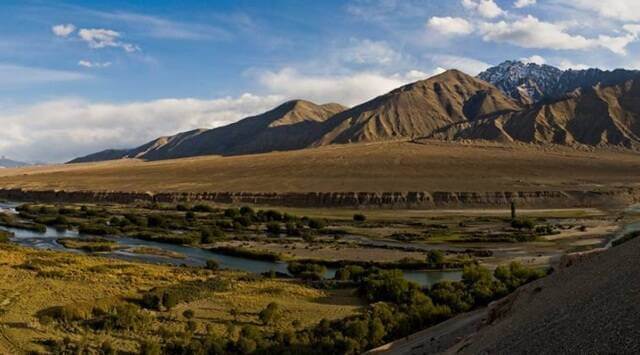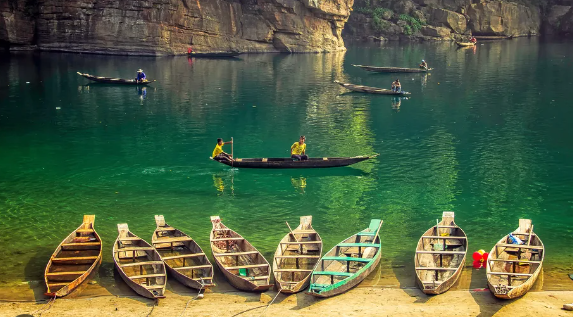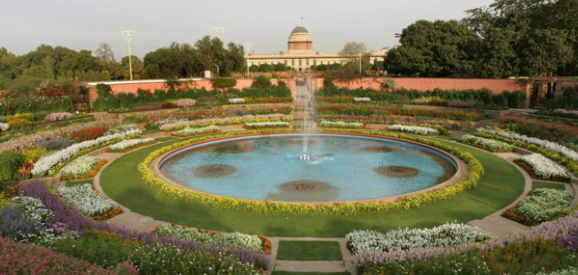Introduction
The Gyanvapi Mosque Complex in Varanasi is one of the oldest and most revered mosques in India. It is believed to have been built in the 17th century by Mughal Emperor Aurangzeb on the site of an ancient Hindu temple. For centuries, the mosque has been a symbol of religious harmony and coexistence in India.
However, in recent years, the mosque has been at the center of a controversy. Hindu groups have claimed that the mosque was built on the site of a Hindu temple, and have been seeking to reclaim the land. The matter has been in the courts for several years, with both sides presenting their arguments and evidence.
In a recent ruling, the Supreme Court of India directed the Varanasi Collector to hold a meeting and provide ‘wazu’ facilities at the Gyanvapi Mosque Complex. This decision has been hailed by the local Muslim community as a victory for their rights and religious freedom.
What are ‘wazu’ facilities?
Before we delve deeper into the significance of the Supreme Court’s ruling, let us first understand what ‘wazu’ facilities are. ‘Wazu’ is a ritual ablution performed by Muslims before they pray. It involves washing the hands, face, and feet with water, and is an important part of Islamic worship.
‘Wazu’ facilities refer to the provision of clean water and washing facilities for Muslims to perform this ritual ablution. This is an essential requirement for any mosque or prayer area, and is considered a basic right for Muslims to practice their faith.
Why is the provision of ‘wazu’ facilities important at the Gyanvapi Mosque Complex?
The Gyanvapi Mosque Complex is a place of worship for thousands of Muslims in Varanasi and the surrounding areas. However, for many years, the lack of proper ‘wazu’ facilities has been a major issue for the local Muslim community.
Due to the absence of clean water and washing facilities, many Muslims have been forced to perform ‘wazu’ in unhygienic conditions. This has not only been a health hazard but has also been a violation of their basic right to practice their faith in a clean and safe environment.
Moreover, the lack of ‘wazu’ facilities has also been a source of tension between the Muslim and Hindu communities. Hindu groups have often raised objections to the use of public water sources by Muslims for ‘wazu’, citing religious reasons.
In this context, the Supreme Court’s ruling directing the Varanasi Collector to provide ‘wazu’ facilities at the Gyanvapi Mosque Complex is a significant step towards ensuring the religious rights and dignity of the local Muslim community.
What does the Supreme Court’s ruling mean for the Gyanvapi Mosque Complex?
The Supreme Court’s ruling directing the Varanasi Collector to provide ‘wazu’ facilities at the Gyanvapi Mosque Complex is a welcome relief for the local Muslim community. It means that the authorities will now have to take concrete steps to provide clean water and washing facilities for ‘wazu’ at the mosque complex.
The ruling also sends a message that the courts are committed to upholding the religious rights of all communities in India, regardless of their faith. It is a reminder that the Constitution of India guarantees the freedom of religion and the right to practice one’s faith without discrimination or hindrance.
What are the implications of the Supreme Court’s ruling?
The Supreme Court’s ruling directing the Varanasi Collector to provide ‘wazu’ facilities at the Gyanvapi Mosque Complex has significant implications for the larger debate around religious freedom and communal harmony in India.
Firstly, it reaffirms the constitutional principle of secularism and the protection of the rights of religious minorities. India is a diverse country with a rich tapestry of cultures and religions, and it is essential that the state upholds the principles of equality and non-discrimination.
Secondly, the ruling is a reminder that the judiciary is an important bulwark against the excesses of majoritarianism and communalism. It sends a message that the courts are committed to ensuring that the rights of all communities are protected and that justice is delivered impartially.
Lastly, the ruling also has important practical implications for the local Muslim community in Varanasi. It means that they will now have access to clean water and washing facilities for ‘wazu’, which is an essential part of their religious practice. It also means that they will no longer have to face objections and hostility from Hindu groups over the use of public water sources.
Conclusion:
The Supreme Court’s ruling directing the Varanasi Collector to provide ‘wazu’ facilities at the Gyanvapi Mosque Complex is a significant step towards ensuring the religious rights and dignity of the local Muslim community. It reaffirms the constitutional principles of secularism and the protection of the rights of religious minorities, and is a reminder that the judiciary is an important bulwark against the excesses of majoritarianism and communalism.
Moreover, it has important practical implications for the local Muslim community in Varanasi, who will now have access to clean water and washing facilities for ‘wazu’, which is an essential part of their religious practice. It is a welcome relief for the local community, and a reminder that justice and fairness are the cornerstones of a democratic and pluralistic society.
FAQs:
Q. What is the Gyanvapi Mosque Complex? A. The Gyanvapi Mosque Complex is one of the oldest and most revered mosques in India. It is located in Varanasi and is believed to have been built in the 17th century by Mughal Emperor Aurangzeb on the site of an ancient Hindu temple.
Q. Why was there a controversy around the Gyanvapi Mosque Complex? A. Hindu groups have claimed that the mosque was built on the site of a Hindu temple, and have been seeking to reclaim the land. The matter has been in the courts for several years, with both sides presenting their arguments and evidence.
Q. What are ‘wazu’ facilities? A. ‘Wazu’ facilities refer to the provision of clean water and washing facilities for Muslims to perform the ritual ablution before prayer. It is an essential requirement for any mosque or prayer area, and is considered a basic right for Muslims to practice their faith.
Read more about:
Godhra train burning case: Supreme Court to hear pleas of Gujarat govt, convicts on Monday










